Content
Good brain function is not possible without an adequate supply of oxygen. An adequate blood supply is essential for cognitive function. A balanced diet provides a sufficient supply of nutrients. Foods to improve memory help support important brain function.
What foods improve memory and mental performance
The human brain regulates the work of the whole organism. Among its main functions, ensuring adequate vital activity, memory is called. This ability lies in the ability to store and reproduce information. Memory capacity is a matter of debate among scholars. From time immemorial, people have thought about ways to increase this indicator.
At different age periods, memory can deteriorate due to physiological and pathological reasons. It has been proven that this process can be influenced through the diet. Often, memory improvement occurs when the deficiency of beneficial nutrients is replenished.
Foods for good memory and attention should include the following valuable substances:
- unsaturated fatty acids (omega-3);
- antioxidants;
- B vitamins.
What foods to eat to improve memory and attention in adults
Maintaining high levels of brain activity is important at any age. This allows you to maintain adequate performance and a stable psycho-emotional state.
For memory to work well, you need to eat the following foods:
- natural vegetable oils;
- porridge;
- nuts and seeds;
- berries, vegetables and fruits of pink, burgundy, blue, black and dark blue colors (currants, red cabbage, blackberries);
- green leafy vegetables (cabbage, lettuce, spinach).

What foods are good for memory and attention to children
A growing body requires a regular supply of nutrients. In childhood, the brain is actively developing. The amount of memory increases, attention becomes arbitrary. The thinking of a child 3-4 years old has a visual and effective form. At primary school age, it is mainly visual and figurative. After a few years, thinking takes on a verbal-logical character.
Food for the mind and memory for schoolchildren is not the last thing. To ensure the full development of cognitive functions, the diet should include:
- fish and seafood;
- vegetable, olive, linseed oil;
- cereals;
- citrus;
- poultry meat;
- beef liver.
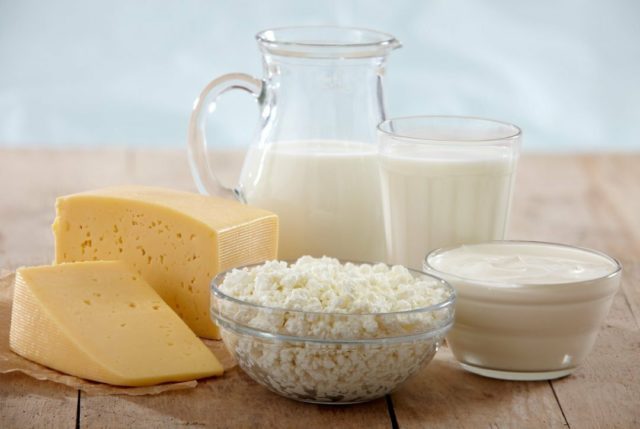
Top 15 Healthiest and Best Foods for Improving Memory
The functioning of the brain depends on various factors, in particular the daily diet. It is necessary on an ongoing basis to consume foods that increase attention and memory.
Fatty fish
Trout, salmon and sardines are rich in Omega-3s, which have a beneficial effect on learning and information processing ability. The human brain is 60% fat. Some of them are similar in structure to Omega-3. The use of these acids is necessary for the production of neurons.
Food is eaten not only for memory. Adequate consumption of oily fish can prevent dementia and Alzheimer's disease. Lack of acids leads to depression.
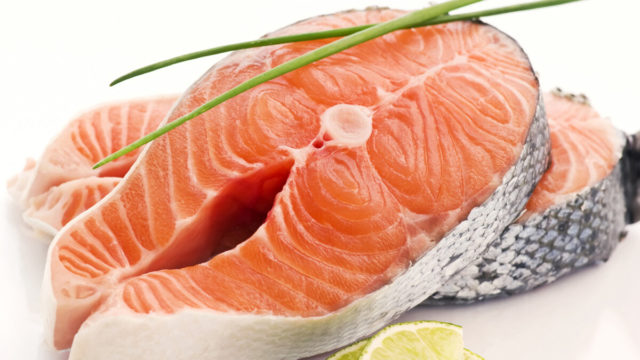
Coffee
The drink contains beneficial antioxidants. Caffeine helps to normalize brain function by improving:
- Attention. The substance blocks the production of adenosine, which causes drowsiness.
- Mood. Drinking coffee stimulates the synthesis of serotonin. This neurotransmitter is responsible for positive emotions.
- Concentration. The drink improves performance.

Blueberry
The product strengthens memory thanks to its anthocyanin content. The substances are distinguished by antioxidant and anti-inflammatory properties. Anthocyanins help slow the aging of the brain and improve brain function.
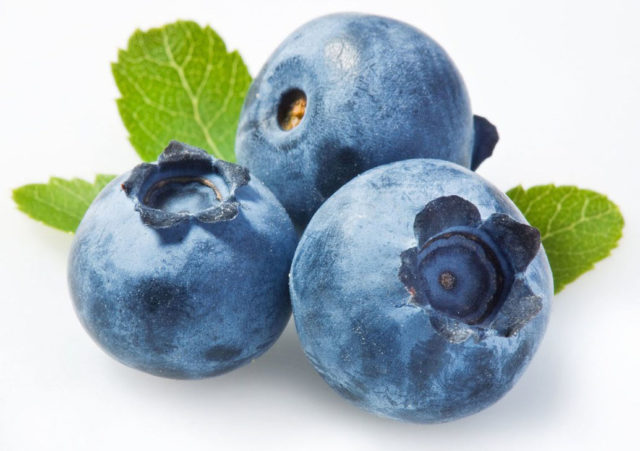
Turmeric
The seasoning has a rich yellow color and is part of the curry. It can also be added to tea. The product increases memory thanks to curcumin, which stimulates blood circulation. The use of the seasoning is the prevention of Alzheimer's disease. Turmeric prevents the development of depressive conditions by activating the synthesis of dopamine and serotonin. Research has shown that the seasoning has a similar effect to antidepressants.
The product affects human memory due to a neurotrophic factor. Turmeric promotes the growth of new cells in the brain. This is responsible for the slowing down of dementia in old age.

Broccoli
The vegetable is rich in antioxidants. It is known that 100 g of broccoli contains about 100% of the daily intake of vitamin K. This compound is required for the formation of a special type of fat, which includes neurons.
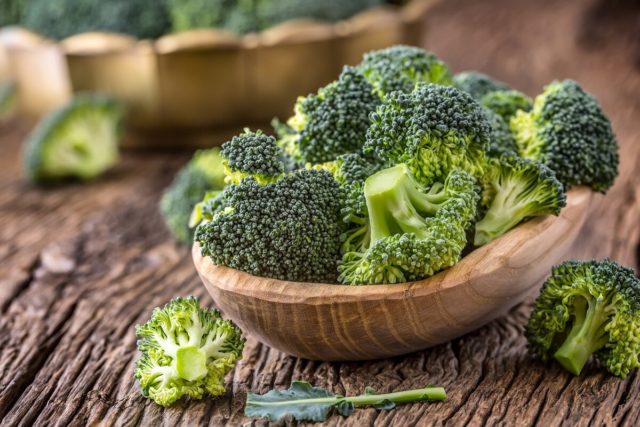
Pumpkin seeds
The product helps to improve memory due to the presence of a complex of antioxidants. They prevent free radicals from damaging tissues. Pumpkin seeds are a source of zinc, iron, copper and magnesium. The deficiency of these substances leads to an increased risk of Alzheimer's disease, epilepsy, migraines, depression.
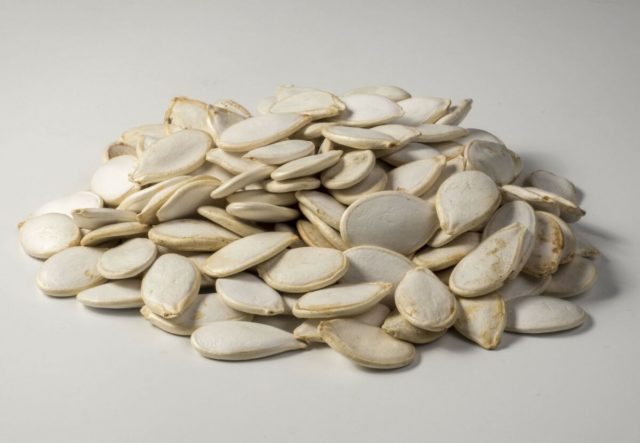
Dark chocolate
The product helps to improve memory due to the presence of caffeine, flavonoids, antioxidants. Regular consumption of dark chocolate is beneficial for the cognitive functions of the brain.
Flavonoids are plant antioxidants that have a positive effect on the areas of memory and learning. Scientists have shown a slowdown in brain changes in older people who regularly consume dark chocolate.

Nuts
Cashews, hazelnuts, peanuts and other varieties help improve the functioning of the cardiovascular system, which positively affects the functioning of the brain. Eating nuts is the prevention of neurodegenerative diseases.
The inclusion of nuts in the diet has a beneficial effect on memory. This is due to its content of vitamin E, healthy fats and antioxidants.For example, tocopherol protects neurons from free radical damage.

Oranges
One medium-sized fruit contains a daily dose of ascorbic acid. Vitamin E benefits more than just the immune system. Its sufficient intake in the body prevents the development of age-related changes in the brain.

Eggs
It is a good source of the following nutrients:
- Folic acid.
- Choline. A micronutrient is required for the synthesis of a neurotransmitter that regulates mood. Eating enough eggs can improve memory. The daily intake of choline is 550 mg. One egg contains 112 mg of a micronutrient.
- Vitamins of group B. Foods restore memory by slowing down age-related changes in the brain. Often, depressive conditions and dementia are caused by a deficiency of B vitamins.
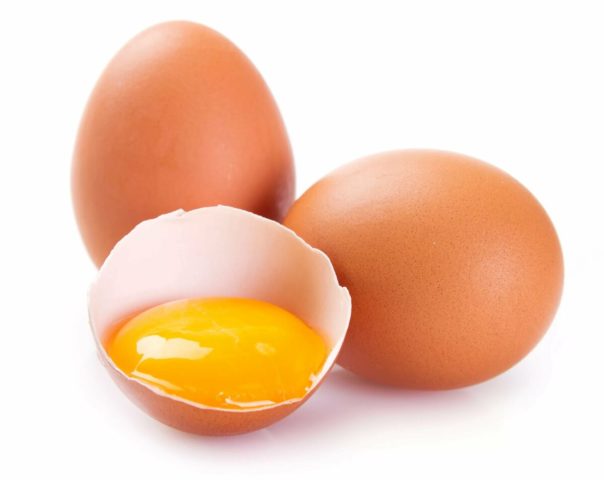
Green tea
The drink contains caffeine. This component provides improved cognitive performance. Green tea is also rich in other valuable nutrients:
- L-theanine. The amino acid reduces general anxiety and fatigue. Its intake into the body helps to relax and fall asleep faster.
- Polyphenols and antioxidants. They reduce the likelihood of developing dementia.

Rosemary
The plant is rich in carnosic acid and antioxidants. The herb is classified as a food that improves memory. It is widely used in cooking, adding to meat and vegetable dishes. The beneficial effect is due to the improvement in blood circulation.
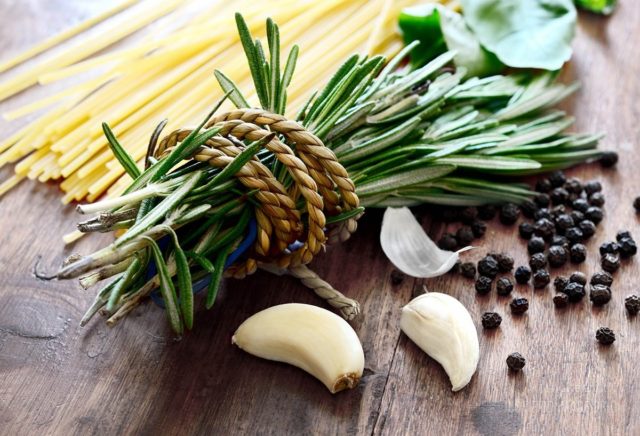
Seaweed
Laminaria contains a significant amount of iodine. The substance is necessary not only to improve the functioning of the thyroid gland. Seaweed increases IQ when consumed regularly.
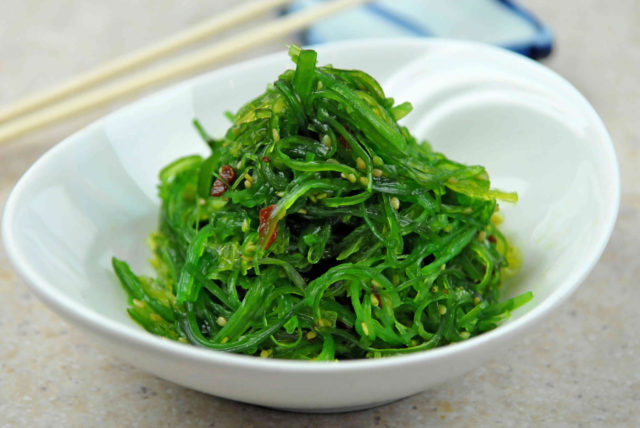
Beans
Legumes are distinguished by the presence of B vitamins in significant concentrations. The compounds support the adequate functioning of the nervous system. Foods are useful for developing and improving memory.
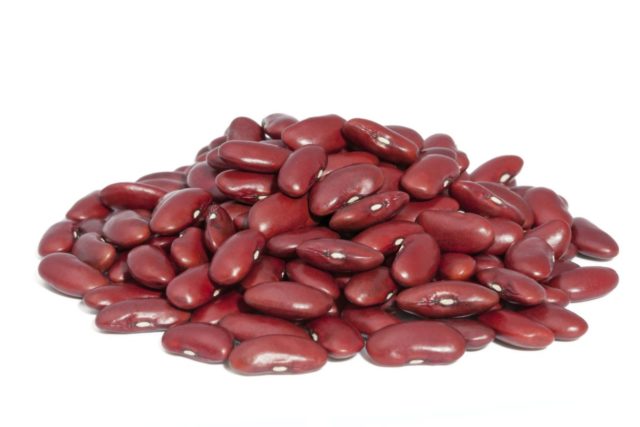
Tuna
Meat is the leader in protein content. Fish is rich in:
- potassium;
- magnesium;
- iodine;
- iron;
- B vitamins;
- tocopherol.
The Omega-3 fats in the composition contribute to:
- reducing the risk of cardiovascular pathologies;
- improving cognitive functions;
- reducing pain in joint diseases.

Conclusion
Foods to improve memory contain many valuable substances. Their presence in the diet supports cognitive function at the proper level. It should be remembered that a balanced diet is a prerequisite for well-being and performance.

